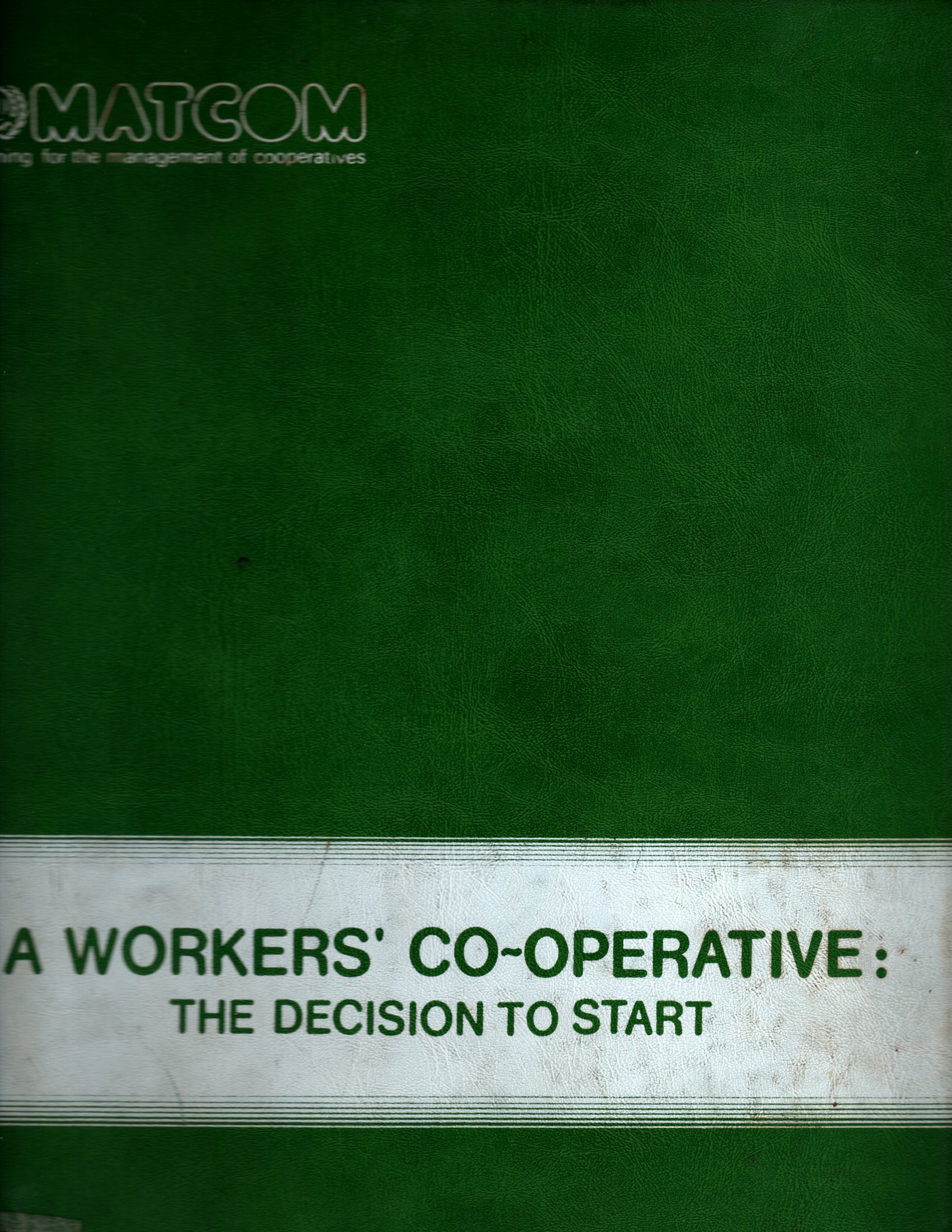

How does a worker's cooperative compare with a service cooperative? What are the intricacies of worker's cooperative that not exist in other forms of cooperatives? This training manual tries to answer these basic questions about a worker's cooperative, its nature, how it works, and for what purpose. Developed by ILO, this material aims to assist instructors in creating a comprehensive program module for potential cooperative officers and leaders, as well as advisers who wish to help and advocate the proliferation of cooperatives in areas where unemployment is a problem. It compiles a number of topics mostly talking about the characteristics of a worker's coop, how it usually fails, the reasons for its failure, and how to avoid these failures when starting. This is to lead the participant into generous thinking of whether or not a type of this cooperative should be established in the first place. Likewise, the manual can also assist advisers in knowing the balance between "helping" and "taking charge". This module emphasizes the importance of promoting self-reliance to coop members, thus reminding advisers not to have the final say in critical decisions that involve the cooperative. The manual also contains some guide topics for the program participants, specifically those that pertain to dangers of exploitation and failure due to lack of worker involvement, importance of effective leadership, ways of gathering political support and intervention, overcoming coop problems and strengthening member commitment, proper financing, proper member selection, member registration procedures, and how to apply their learnings on field.
The material is still situated in the agricultural sector setting, thus this program manual would bring about the most impact for the farming communities. Activities, readings, and lecture notes are provided in this material with the condition that the sessions can be customized or modified according to the preference of the instructor.